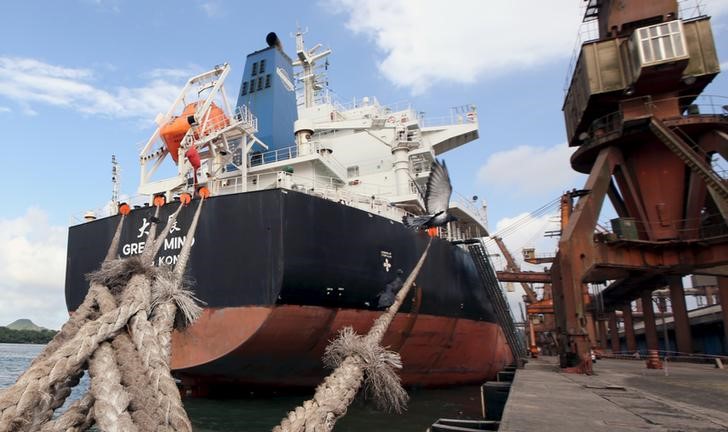ATLANTA, Oct 3 (Reuters) - New Zealand Trade Minister Tim Groser said on Saturday a landmark Pacific free trade deal is within reach at talks in Atlanta and warned failing to finalize the pact would have worrisome long-term strategic implications.
Talks on the Trans-Pacific Partnership, which would cut trade barriers and set common standards across 40 percent of the world economy, have been extended into a fifth day in a bid to resolve an impasse over monopoly periods for medicines.
Groser said failure to seal the deal - already more than five years in the making - would be a bad sign for attempts to bind countries together through trade and investment links.
World Trade Organization efforts were blocked and Europe was cooling on efforts to harmonize rules through a trade and investment deal with the United States.
"You can see the summit within reach and it's just a question as to whether or not you've got just enough political energy to reach out and do the last little bit," he told reporters.
If the United States "cannot find a way with its negotiating partners to bring it to a conclusion here ... you've got to say that this is a massive psychological blow to the other arm of strategic U.S. policy."
The TPP talks are stuck over rules dictating how quickly low-cost versions of biological drugs can come to market, with Australia and others resisting U.S. pressure to increase the standard past five years.
The impasse is holding up a deal on dairy trade, which is crucial for New Zealand, home to the world's biggest dairy exporter Fonterra FCG.NZ . Groser, one of the architects of the deal, said his country's demands were not unrealistic.
"New Zealand is not going to be pushed out of this negotiation. We are not shooting for the stars, we have got a completely realistic vision of what can be achieved, this is absolutely doable," he said.
Successfully closing the TPP, which is expected to add nearly $300 billion a year to the global economy, would be a huge victory, a boost to confidence and advance a push for a bigger Asia-Pacific free trade zone.
"While people will no doubt laugh at the conservatism of some of the timetables of liberalization of the most politically sensitive (products) ... the issue is to get the direction of travel right," Groser said.
